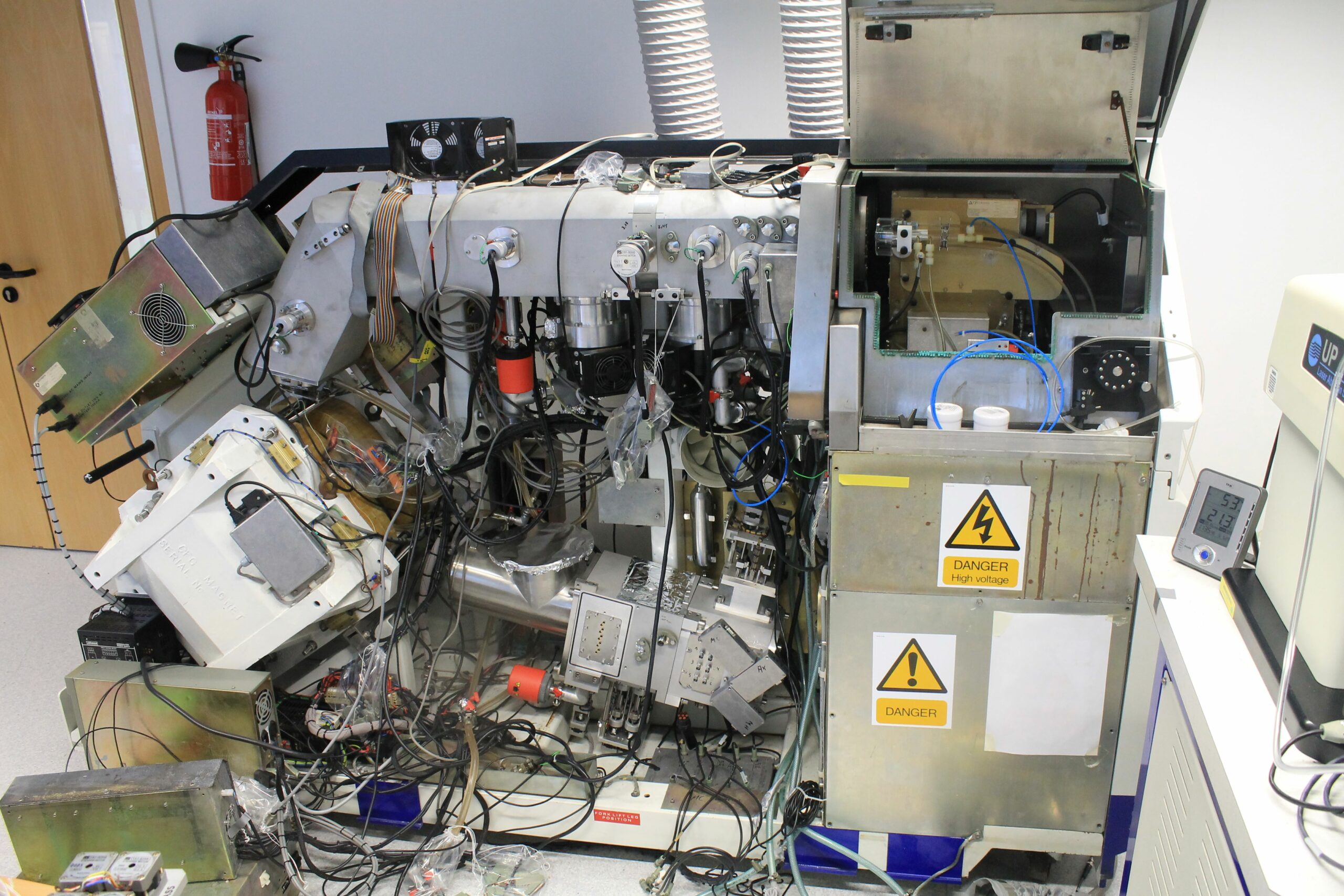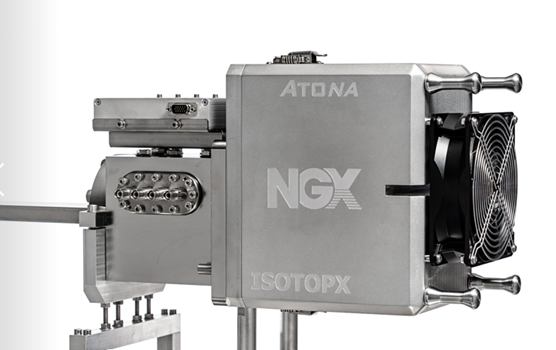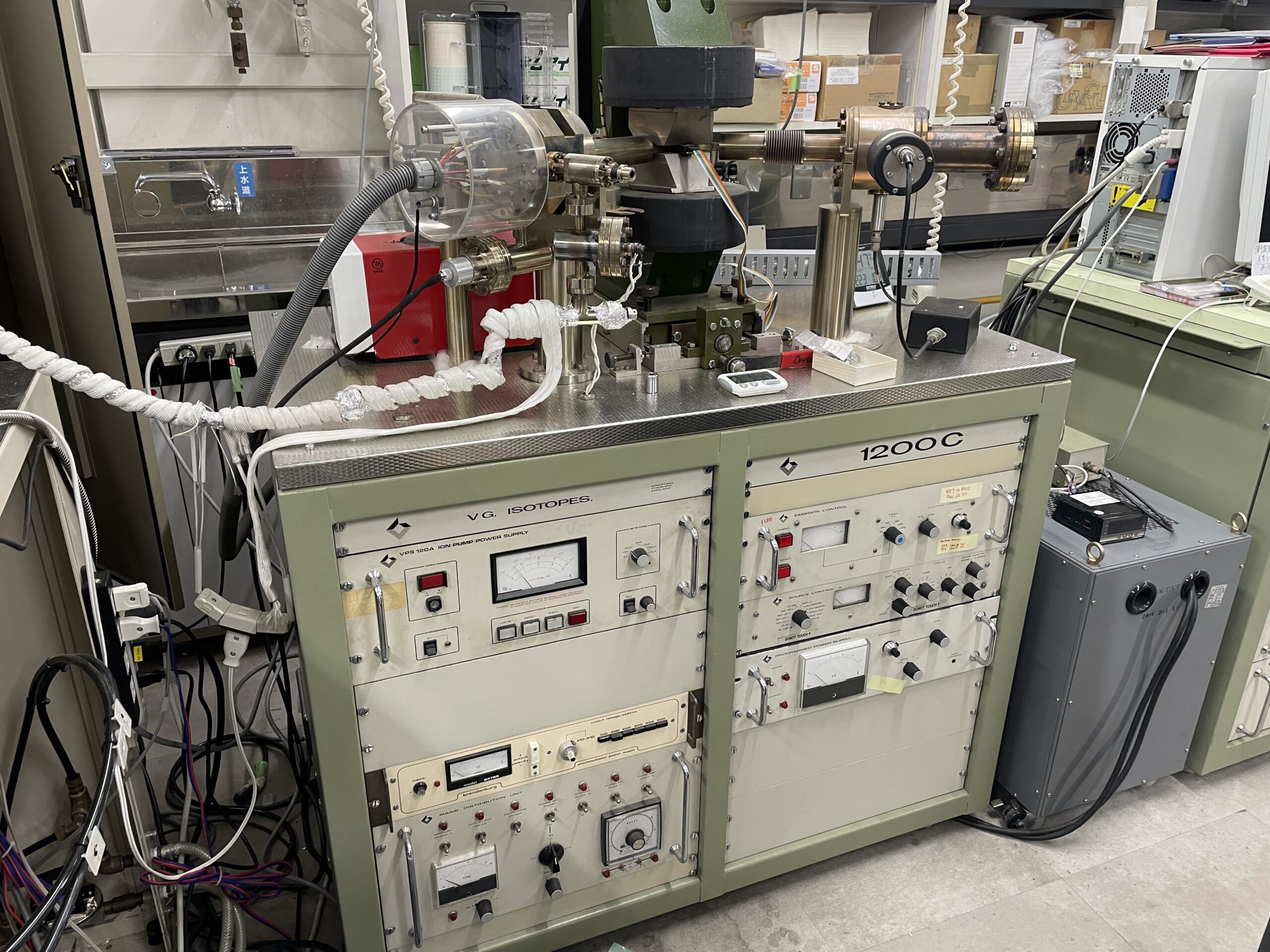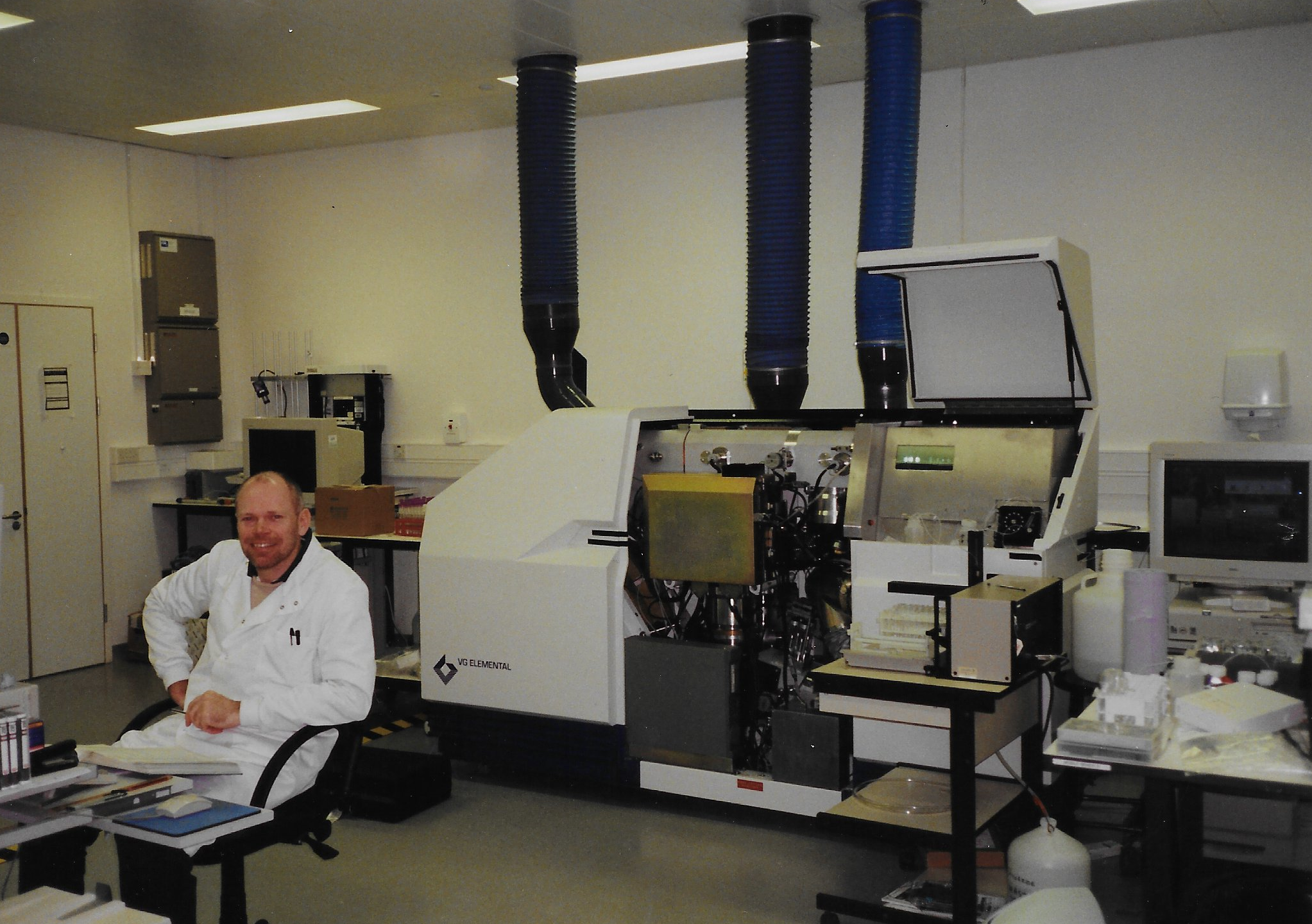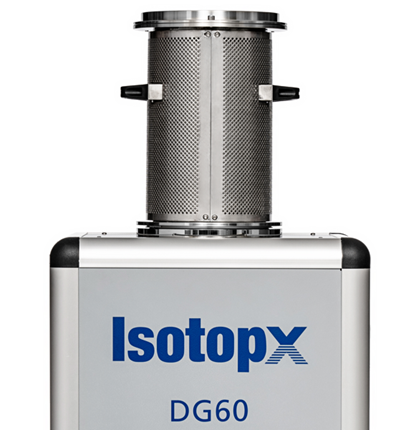Filter results
Archive
-

Isotope Ratio MS – Do Looks Matter?
I sometimes attend product development meetings at Isotopx. The subject of instrument design, by which I mean the “aesthetic values” of our products are quite often a subject of discussion. If you know your historic isotope ratio instruments, you’ll know that until relatively recently they been a triumph of function over form, with sometimes an…
-

Why are some mass spectrometers Dual Use?
If you work in the Earth sciences, as many of our users do, then you probably don’t come across the term “Dual Use” very often, if at all. Yet for the vendors that supply this community, it is a very significant term and has a large effect on where we supply our instruments to. I…
-

ATONA Technology – would it work on other instruments?
If you have been following my blogs or have taken an interest in detector technologies, then you probably know about ATONA technology already. If you’re not familiar, then for a short overview try here. In brief, ATONA is a Faraday amplifier system that avoids many of the major disadvantages of traditional resistor-based amplifier systems, in…
-

The mass spectrometers built to last!
I’m recently back from a sales trip to China and Japan, and several things struck me whilst travelling. First was the pace of change, especially in China – where the level of visible wealth has increased significantly, in the cities I visited at least. The second thing was the number of old but well-maintained noble…
-

Cultural mishaps of a mass spectrometrist
At the time of writing this blog it’s only a couple of weeks until I head out on a business trip to China and Japan. Although I used to travel a bit when I was younger, it doesn’t happen so much these days, especially in the last three years (for the unmentionable reason). But I…
-

Who would be an installation engineer?
In the world of analytical instrumentation, it’s quite a well-trodden path to move from test and installation engineering to marketing, sales or product management. It’s the route that I took myself, along with a number of my colleagues here at Isotopx. But why does this happen so commonly, what is it about test and installation…
-

Should I consider leaving academia for the commercial world?
Many of our customers, past, present and future, are highly successful academics. Therefore, the question about consideration of a career in the commercial world is a contentious one at best. I’m guessing that the majority of people in our sphere that see the abovementioned question will have a pretty clear answer in mind. But there…
-

Why should I use a degasser with my TIMS?
Much of my mass spectrometry experience has been associated with ICP-MS so I’m far from an expert in thermal ionization mass spectrometry (TIMS), meaning every day can be a school day at Isotopx. Today I was wondering about filament preparation techniques such as carburization to increase efficiency of small samples. However, I thought I’d first…
-

The return of in-person conferences?
At the end of last year, I attended the AGU (American Geophysical Union) Fall Meeting in Chicago. The attendance was pretty good, almost what it used to be pre-Covid, and interaction between visitors and the exhibitors was good. That’s particularly important to organizations like Isotopx that serve a very niche community with few opportunities to…
-

Environmental Geochemistry: Secrets Frozen in Time
Environmental Geochemistry helps us to understand what Earth was like and how it has changed throughout time. In this short blog, discover how IRMS analysis with Isotopx can help reveal these secrets and improve our understanding of our planet
